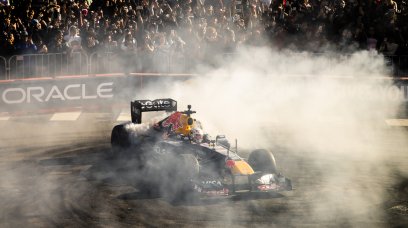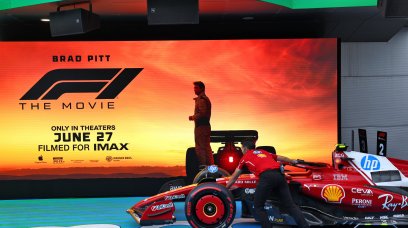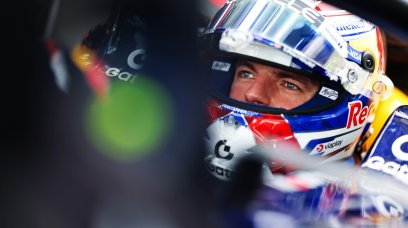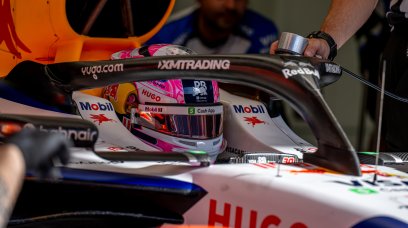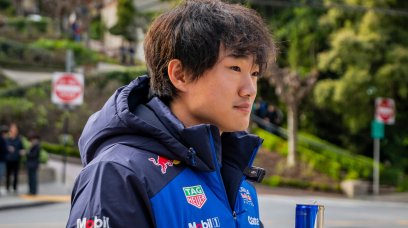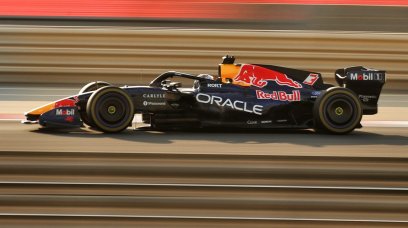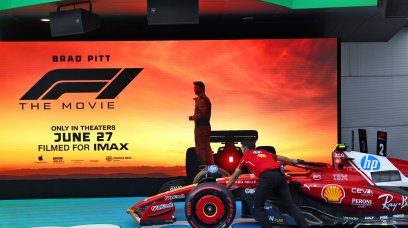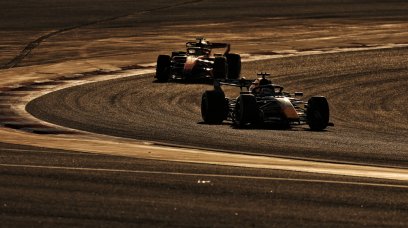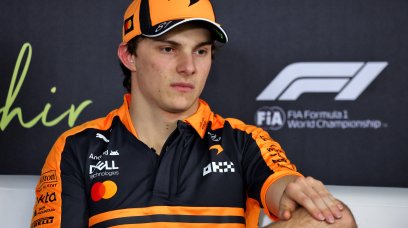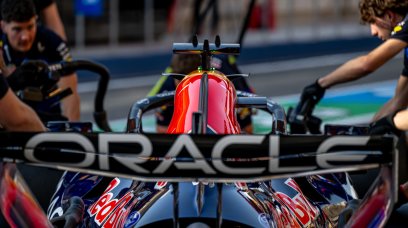It has been 4,000 days since Fernando Alonso last won a grand prix in F1. In understandable terms, it has been almost 11 years. That last victory? The Spanish Grand Prix on 12 May 2013. In that time, Alonso himself has retired and un-retired, taking the 2019 and 2020 seasons off. He has raced for four teams (Ferrari, McLaren, Alpine and Aston Martin) across 182 grand prix weekends. He has taken 17 podium finishes. That last win was prior to the introduction of the turbo-hybrid power trains and F1 has overhauled aerodynamic regulations three times in that period, too. To try and gave some sense of perspective as to how much the championship has changed in that time, RacingNews365 has selected five barometers to show just how long it has been.
1. Max Verstappen When Alonso last won a race, Max Verstappen was 15 years old and was in his final year of karting before graduating to cars for the 2014 season. Since then, the Dutch driver has contested 190 F1 grand prix, winning 58 of those. He has also won more drivers' championships (3) than Alonso (2) and amassed more points than the Spaniard has in his career to date: 2696.5 to 2298. 2. Mercedes When Alonso won the 2013 Spanish Grand Prix, Mercedes has zero constructors' titles. Now it has eight. In doing so, it has become the joint-third most successful team, alongside McLaren, in terms of championships. Lewis Hamilton, the main beneficiary of its success, had 21 grand prix victories to Alonso's 32 following that last win for the Spaniard. Now, he has 103. 3. The calendar Safe to say, the F1 schedule has changed somewhat since 2013. Sprint races were still some eight years from being introduced, but the calendar itself has been altered significantly too. F1 said goodbye to the likes of the Korean, Indian, Malaysian and German grands prix in that period, whilst also welcoming back races such as the Austrian Grand Prix and the Dutch Grand Prix. The Russian Grand Prix was introduced - and axed - whilst the French Grand Prix was also revived, before too being dismissed from the calendar again. The Turkish Grand Prix even had a brief renaissance for two seasons due to COVID-19. In total, F1 ushered in 13 new races, including five returning venues (Austria, France, Turkey, The Netherlands and Imola). It has also removed 10 circuits from the calendar, including Portimao and Mugello, which were both pandemic replacements.
4. First and last race (for now) Since Alonso took victory at the Circuit de Barcelona-Catalunya in May 2013, 22 F1 drivers have no only made their debut, but have also raced in the last grand prix - as far as we know, for now. Some of those names include: Marcus Ericsson, Daniil Kvyat, Antonio Giovinazzi, Nicholas Latifi, Mick Schumacher, Liam Lawson and Oliver Bearman (but you would expect those last two might change in the future). If you include drivers who have made their debut and are still racing in F1, that number swells to 36. In fact, of the drivers racing in the 2013 Spanish Grand Prix, only six (including Alonso) are still in F1 over a decade on. 5. New grand prix winners Whilst Alonso has remained stuck on 32 grand prix victories since early summer 2013, F1 has seen nine new grand prix winners in that time. It would be 10 if including sprints - sorry, Oscar Piastri. Those nine grand prix winners are: Daniel Ricciardo, Max Verstappen, Valtteri Bottas, Charles Leclerc, Pierre Gasly, Sergio Perez, Esteban Ocon, Carlos Sainz and George Russell. So, it is safe to say, that since Alonso last won a grand prix in F1, a lot has changed. With the Aston Martin driver now signed up until the end of 2026 at the least, he has the opportunity to break that streak - but will he? And if he does, what will this list of metrics look like by then?
Most read
